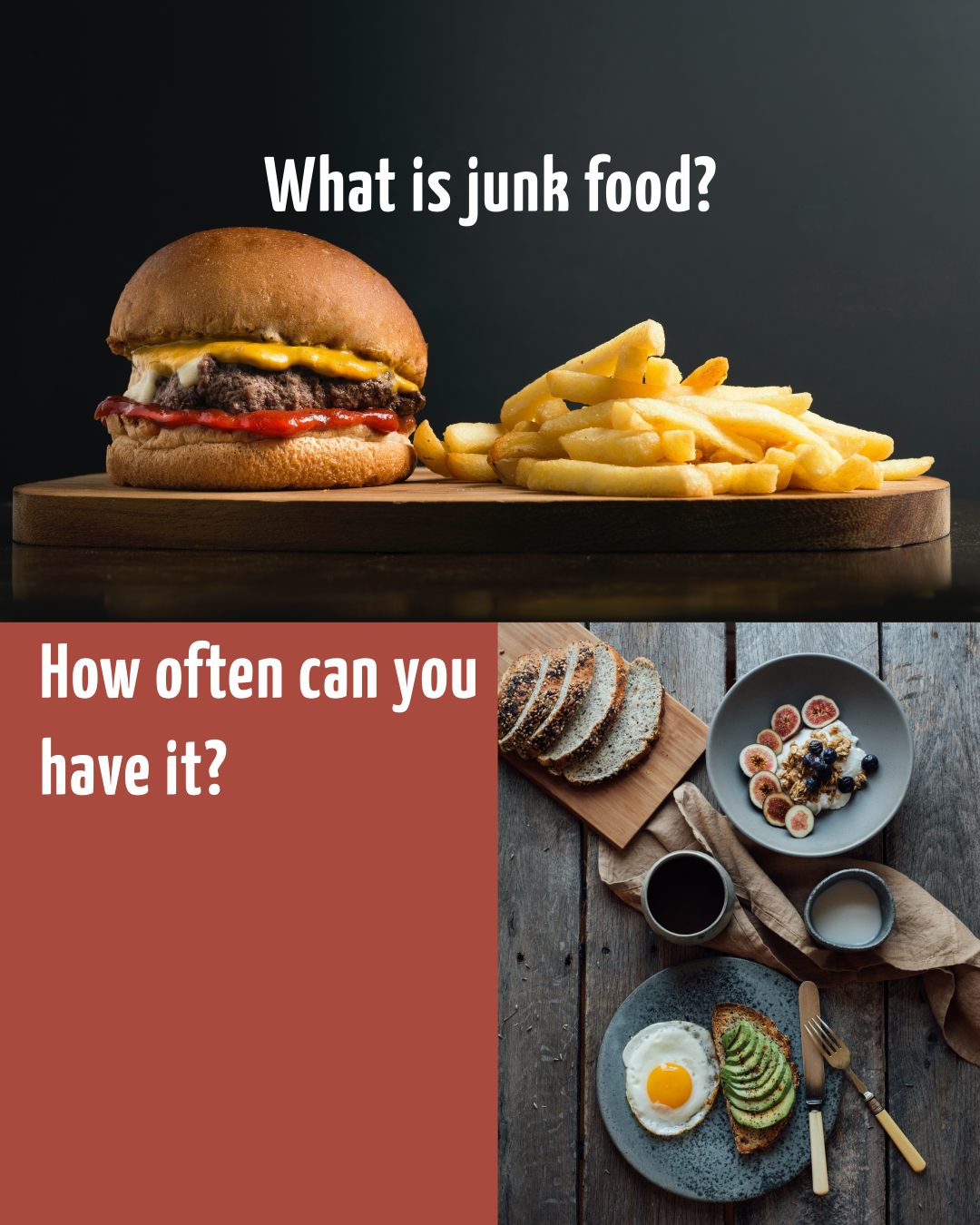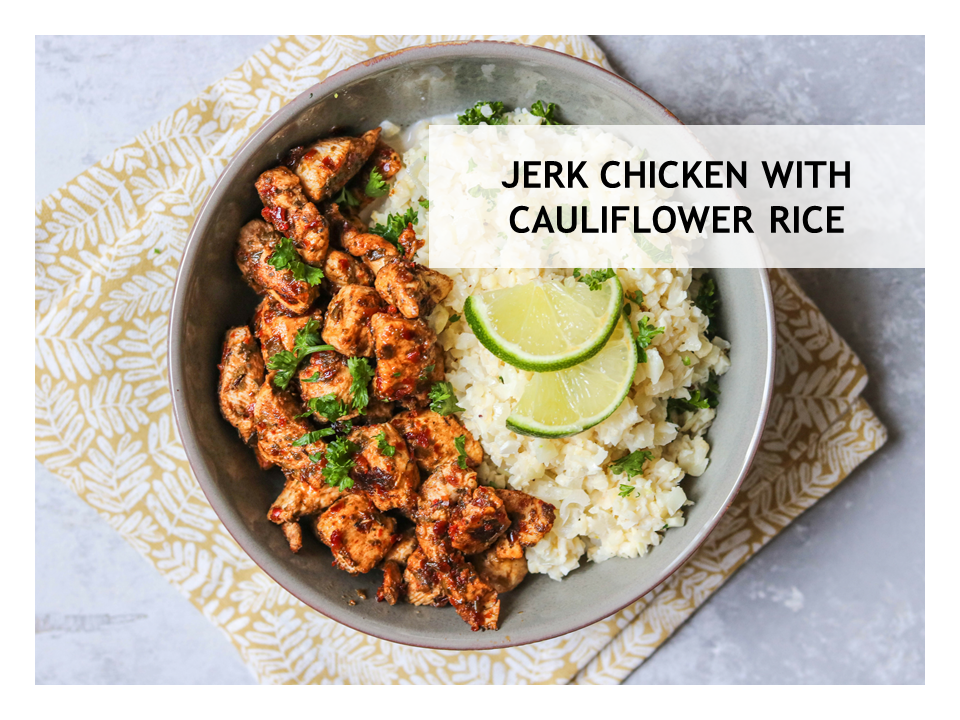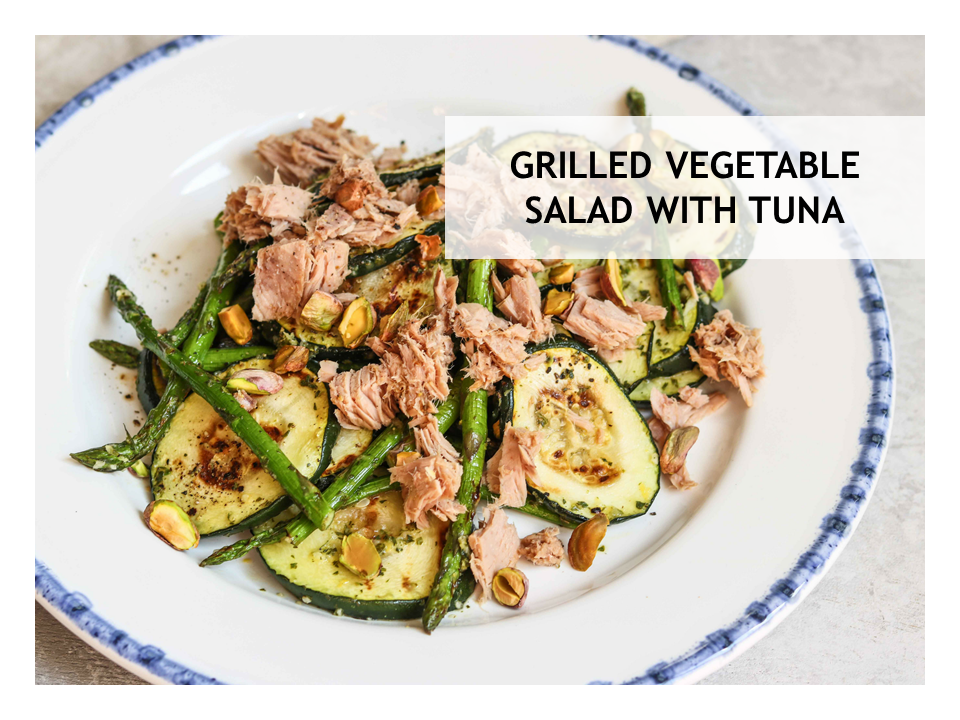What is junk food? Should it be avoided?
Let’s get one thing out of the way, craving “bad food” and having an addiction (the two words are often used interchangeably) are completely different things. The latter being a serious psychological condition which needs professional guidance. If you, or someone you know has this condition (an addiction) please seek help.
We are simply referring to the frequent (several times a week or even daily) consumption of food which are high in calories (relative to portion size), low in nutrients, have excessive sugar (or has many chemically altered variants), excessive fats (especially hydrogenated or trans fats) and excessive salt, which can sabotage your fat loss or muscle gain goals.
Burgers, Pizza, Fizzy drinks, Milkshakes are the ones usually (and rightfully) classified as junk food. But if you look a little deeper there are plenty of Asian/Mediterranean food options that should be classified as junk food. Furthermore, and quite alarmingly, there are quite a few “healthy” sounding food (think boxed cereals, Energy drinks, flavoured milk etc.) that people unknowingly consume that can derail their otherwise healthy eating plan.
Being high in calories, carbs, fat, sugar or salt does NOT automatically make a food a junk food. Nuts are high in calories but are an incredibly nutritious food. Avocados and Pork are both high in fats, but both are nutritious and should be included in your diet. Dates and Prunes are high in sugar (fructose – sugar mainly found in fruits), but these are packed with fibre and many minerals that are good for you. So, as you can see this whole “Healthy Food” thing/concept is a bit more complicated.
Therefore, we will simply classify junk food as firstly something processed (with added chemicals, flavourings etc.), that comes out of a box or packaging, that is high in either sugar, fat or salt or a combination of the above. This type of food is engineered to be highly palatable (hard to resist) and light up the brain’s rewards centres (due to secretion of a hormone called Dopamine) creating additional cravings. We can go on and on but as you can imagine this leads to an unhealthy eating pattern and give you less than optimal results from your training. This is regardless of whether you train for fat loss or muscle gain.
Downsides of frequent junk food consumption (Trust us, we’ve been there)
For Fat loss:
- A combo of burgers, fries and a can of coke can have 1000-1400 calories. All in just one meal! This will make it nearly impossible to stay in a calorie deficit (which is required if you want to lose fat).
- The amount of sugar and carbohydrate will generally be excessive (a large milkshake can have up to 20-25 teaspoons of Sugar!)
- While fat is required for any type of diet, junk food generally contains trans fats (the absolute worst form of fat which you should do your best to avoid)
- The cravings caused by frequent junk food consumption makes it difficult to stick to your healthy eating plan.
- It’s nearly impossible to count calories or know what nutrients are included with all the extra sauces and other toppings included in junk food.
For Muscle gain:
People who are training for muscle gain need to eat high calories, so some think this is an excuse to eat junk food. Nothing could be further from the truth!
- Even on a high calorie diet plan, junk food can make you go over your daily guideline causing you to gain fat.
- Junk food uses cheap cuts of meat and poultry (in some cases there is barely any real meat) so the protein is of poor quality.
- Low Vitamins and Minerals means reduced recovery and reduced workout performance.
- The carbohydrates are also poor quality. Not the type you want to be fuelling your high intensity workouts with.
- These types of food cause general inflammation in your body.
We can go on and on, but we feel you get the point by now. Eating the occasional (once or twice per week max) junk food meal is fine, but more frequent consumption and a hard training fitness lifestyle are just NOT possible.
However, if you do feel you have an issue with restricting junk food, lets fight it!
- Make sure you are getting enough sleep. Lack of sleep increases hunger. In any case get enough sleep to increase your gains from working out.
- Drink plenty of water and stay hydrated. Being thirsty increases desire for unhealthy food in general.
- It has been proven that if you have food in your house, you will find a reason to eat it. This happens regardless of your knowledge or discipline (which by the way is overrated). Therefore, do NOT bring junk food into the house. Your other family members will benefit as well.
- Prepare you meals ahead. Have a weekly menu, shop for all the ingredients. You are much less likely to cheat on your eating plan if you have your meals prepared ahead of time.
- If you are going to a restaurant check out the menu online and decide what you will eat in advance. This is very important if you are in the strict phase of a diet. If not be sensible unless it’s a planned cheat meal.
- At a buffet or dinner, load up on the vegetables, salads (the good salads, not the ones doused in sauces) and the protein options.
- Have healthy snacks with you, in the office or in the car. Eating junk food is no excuse. How hard is it to take an apple or some nuts to work?
- Junk food maybe cheaper, but if you want to live a healthy life and stay in great shape you need to make a few sacrifices.
Hope these tips helped. Bottom line is you need to plan ahead and prepare. Get on track and get better gains (or losses, if it’s fat).




